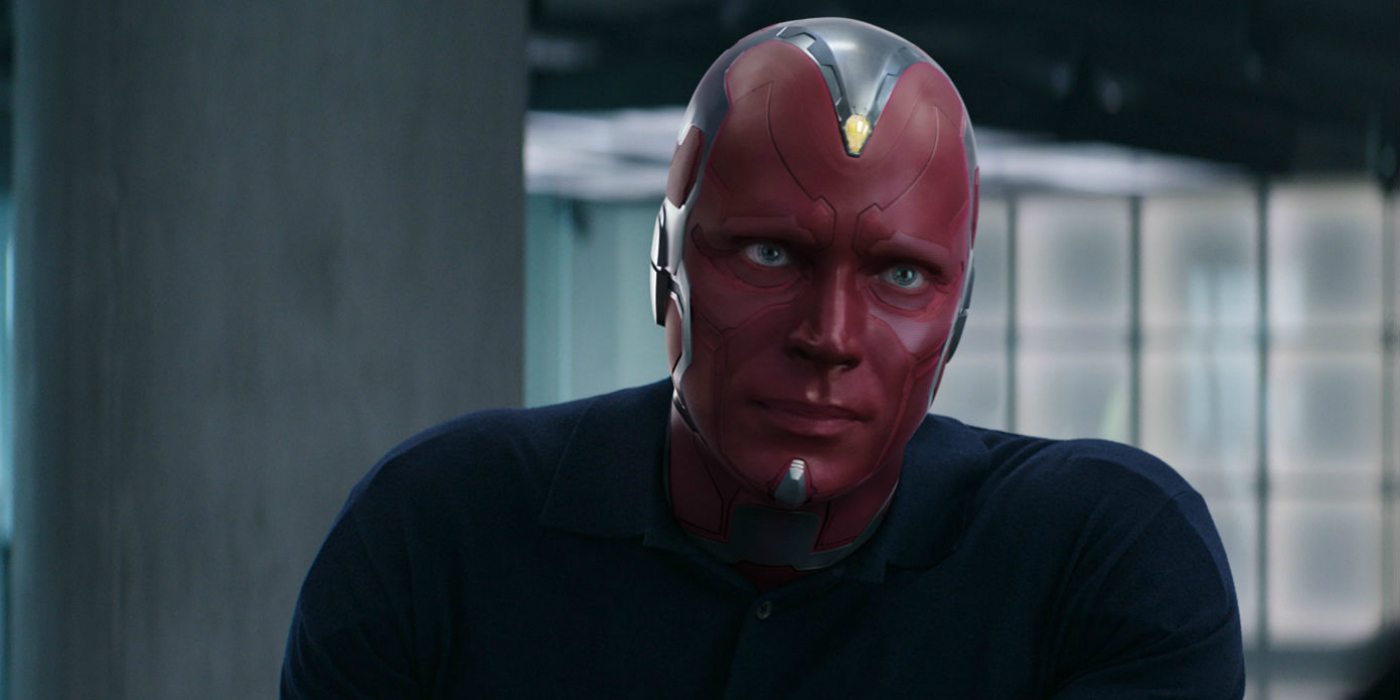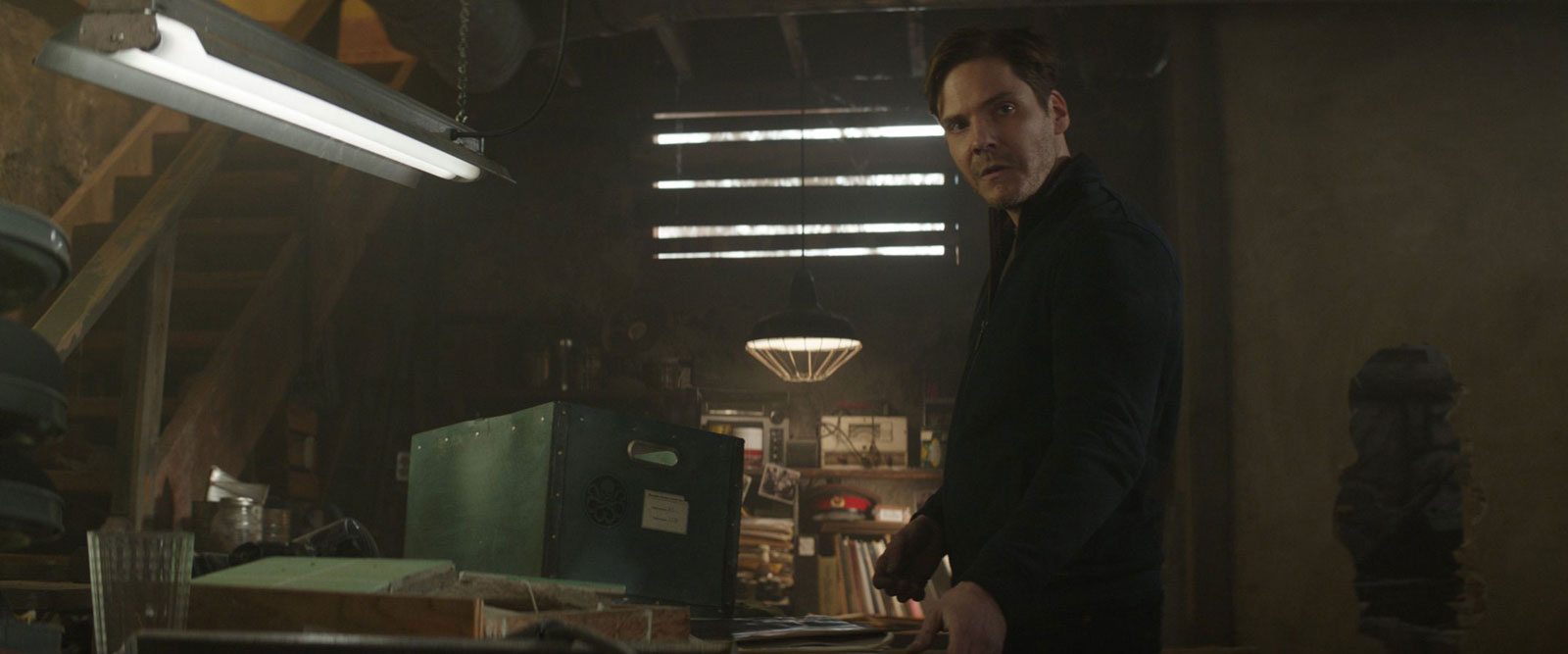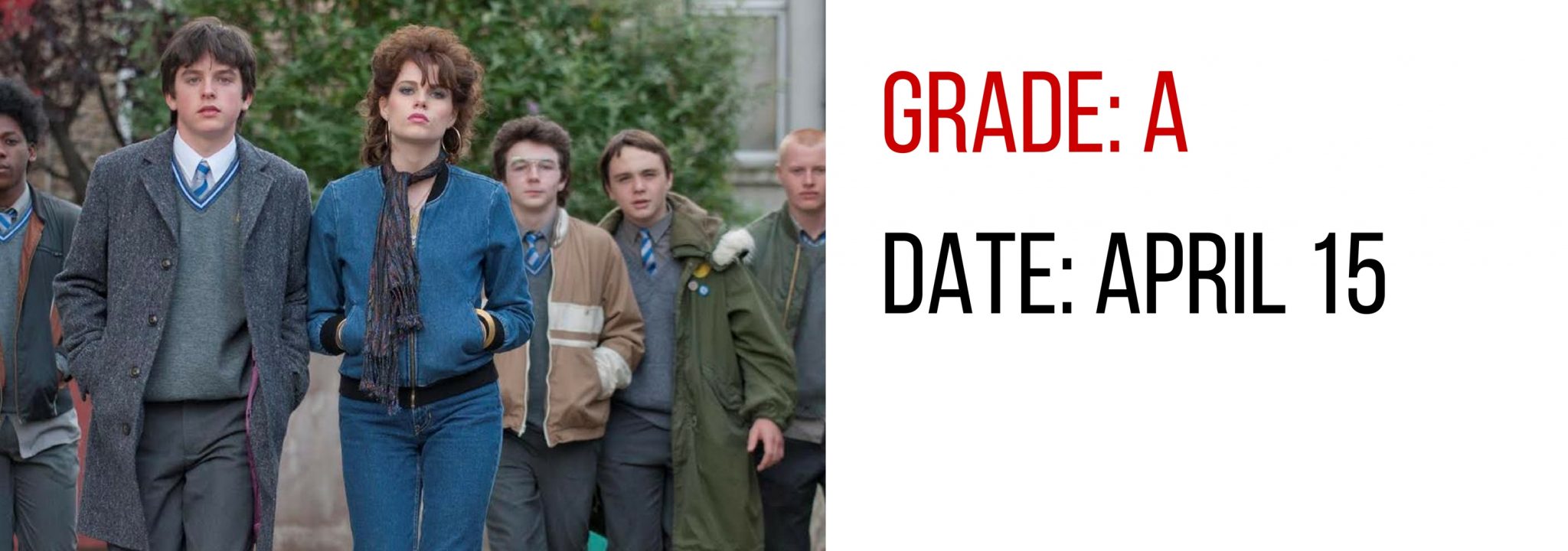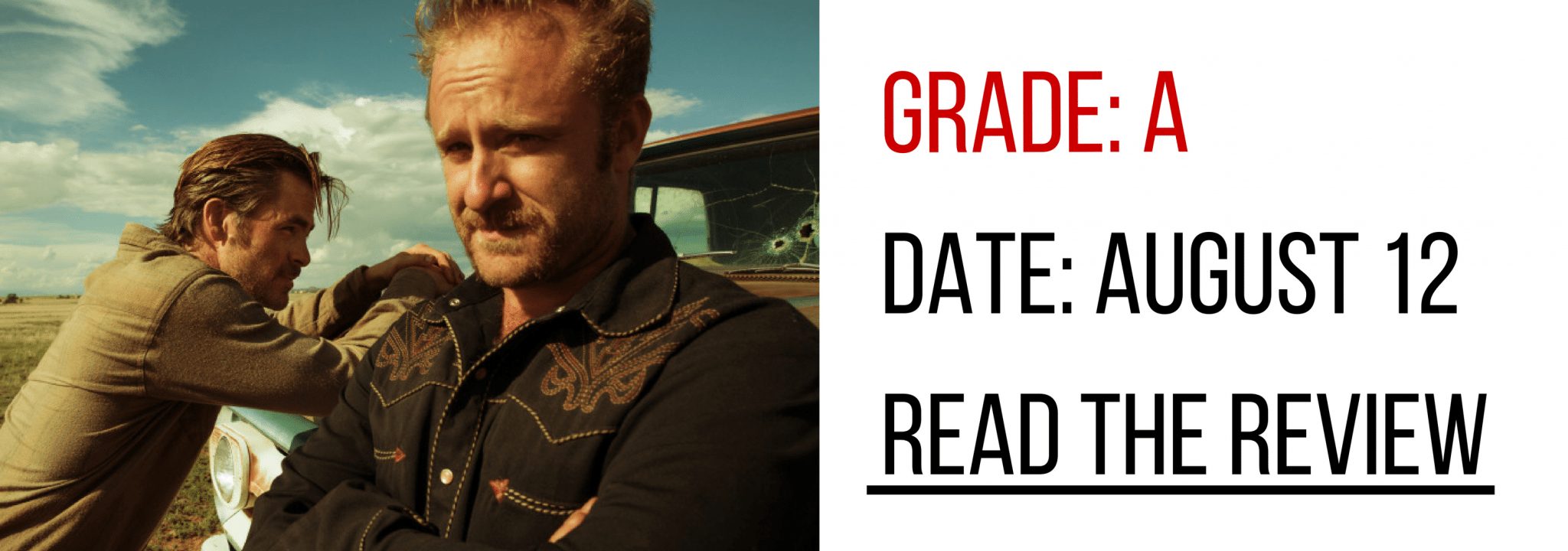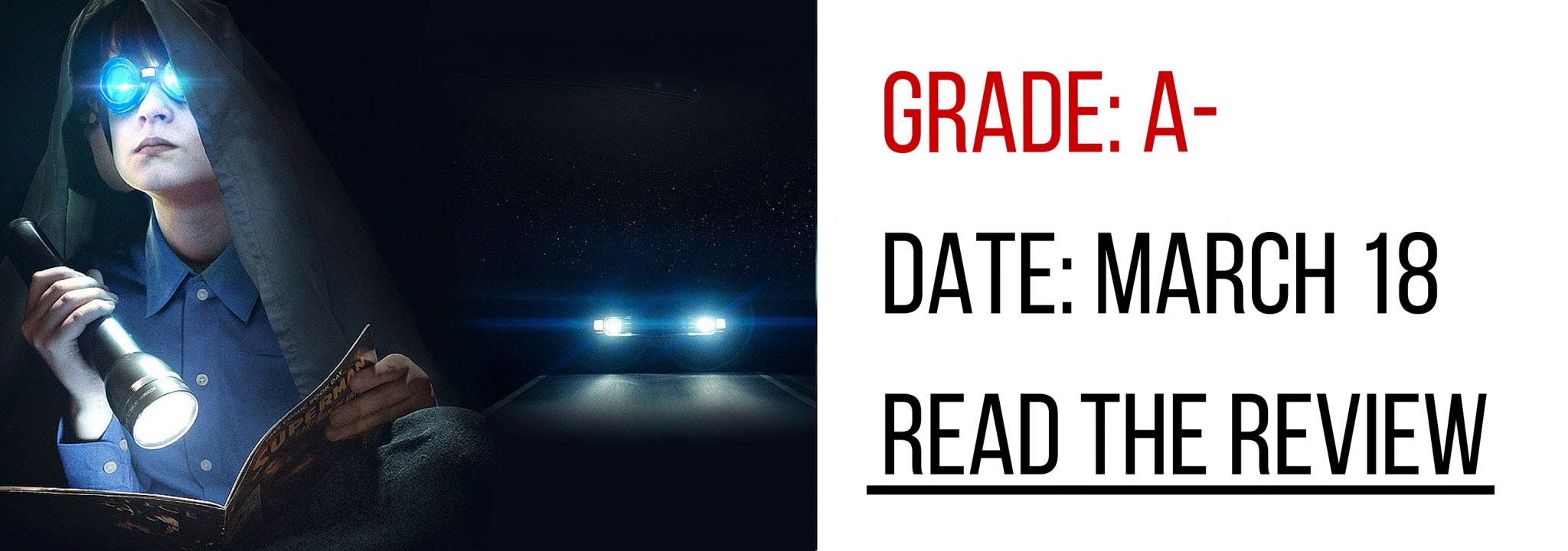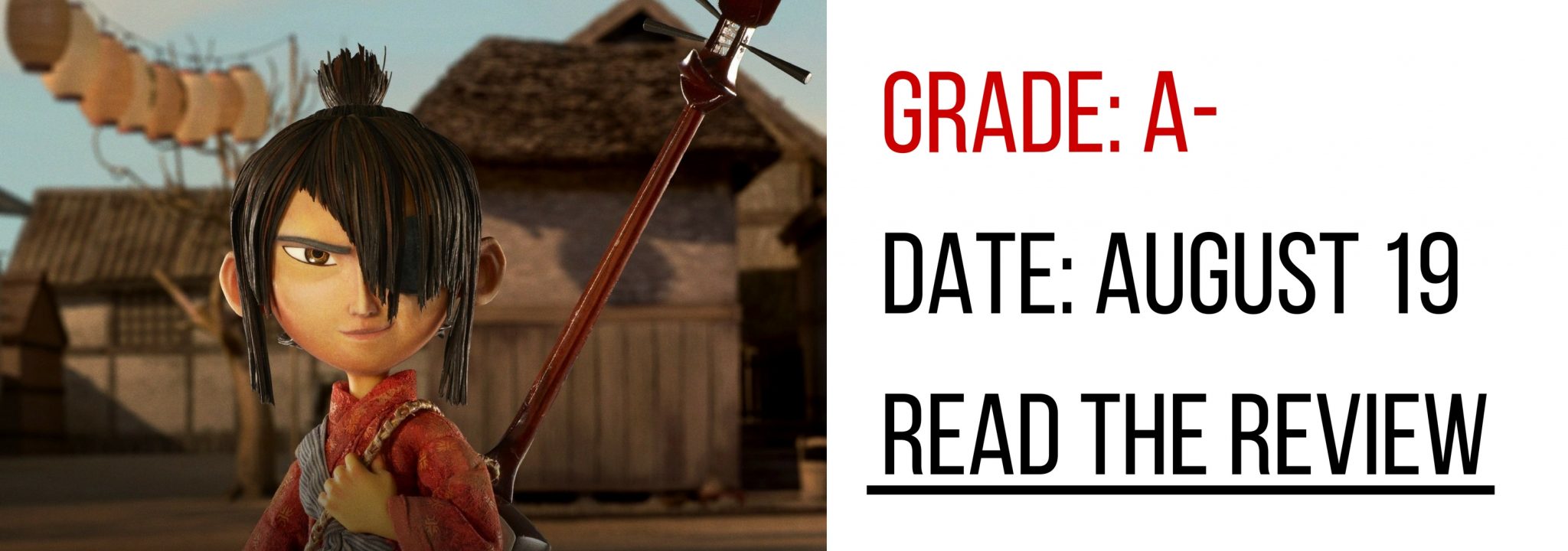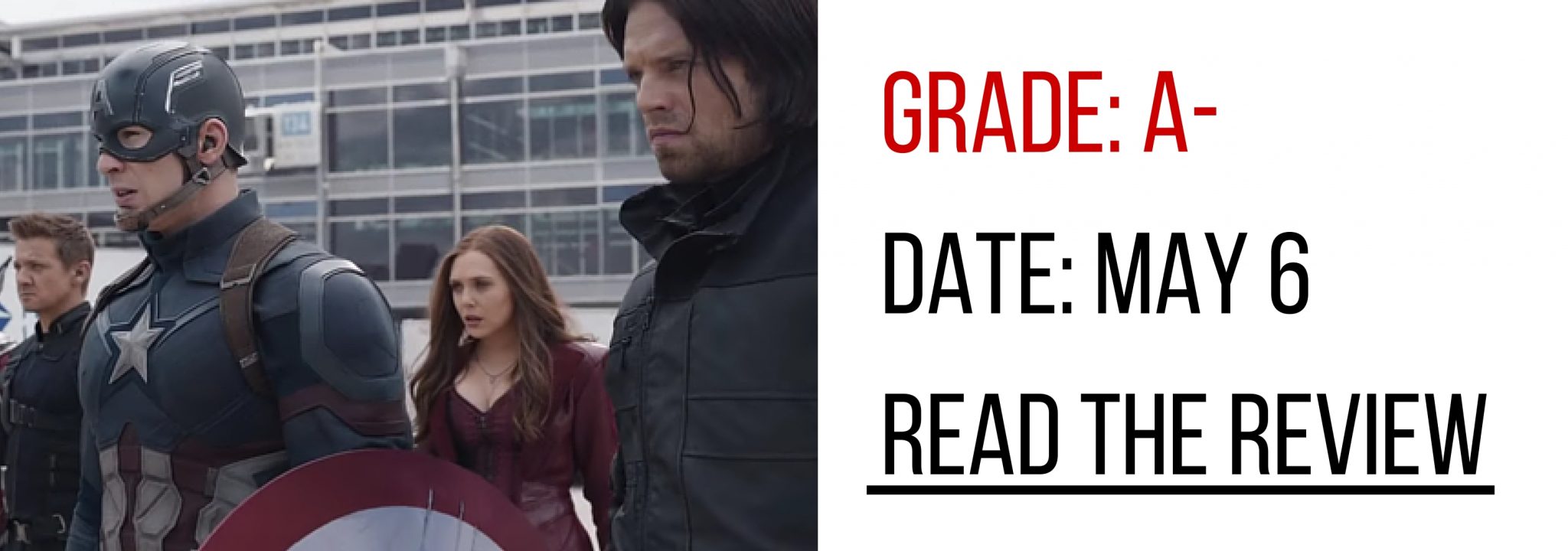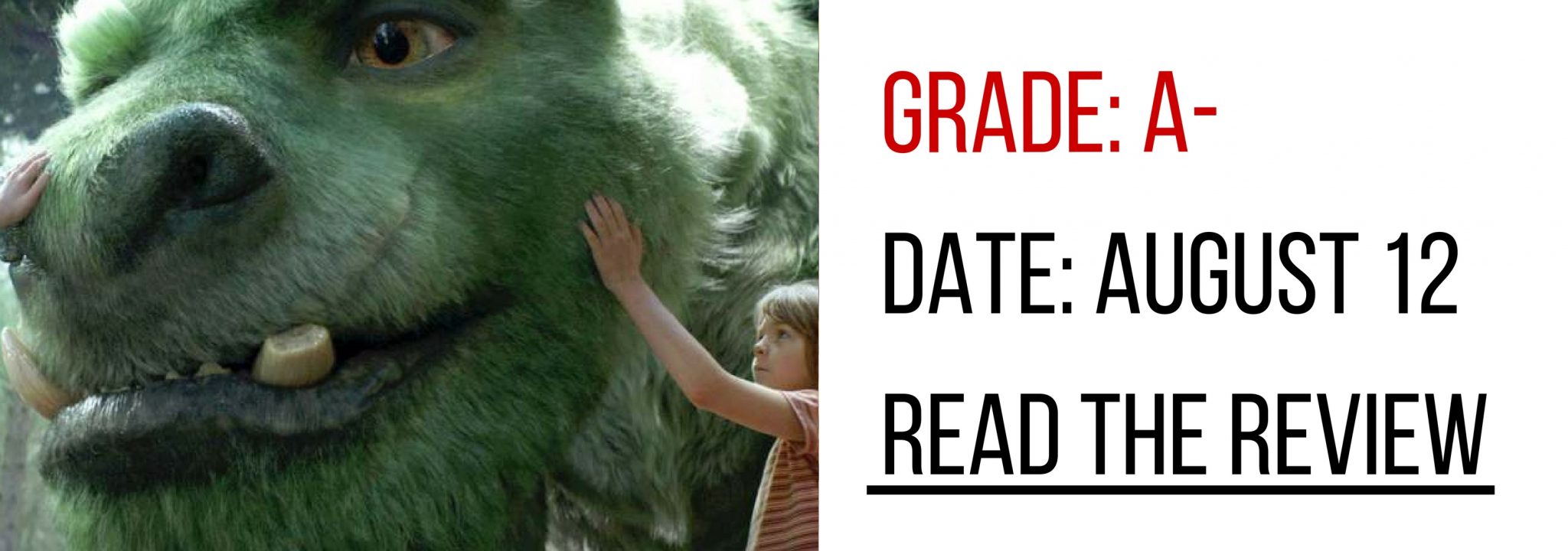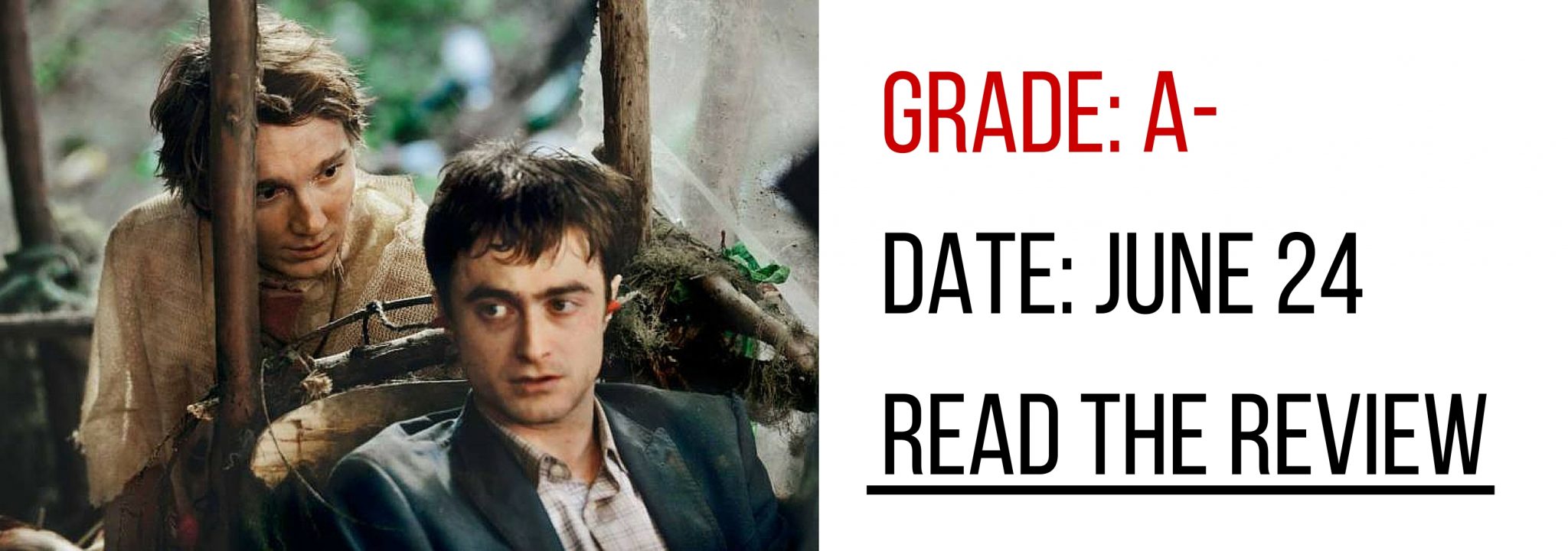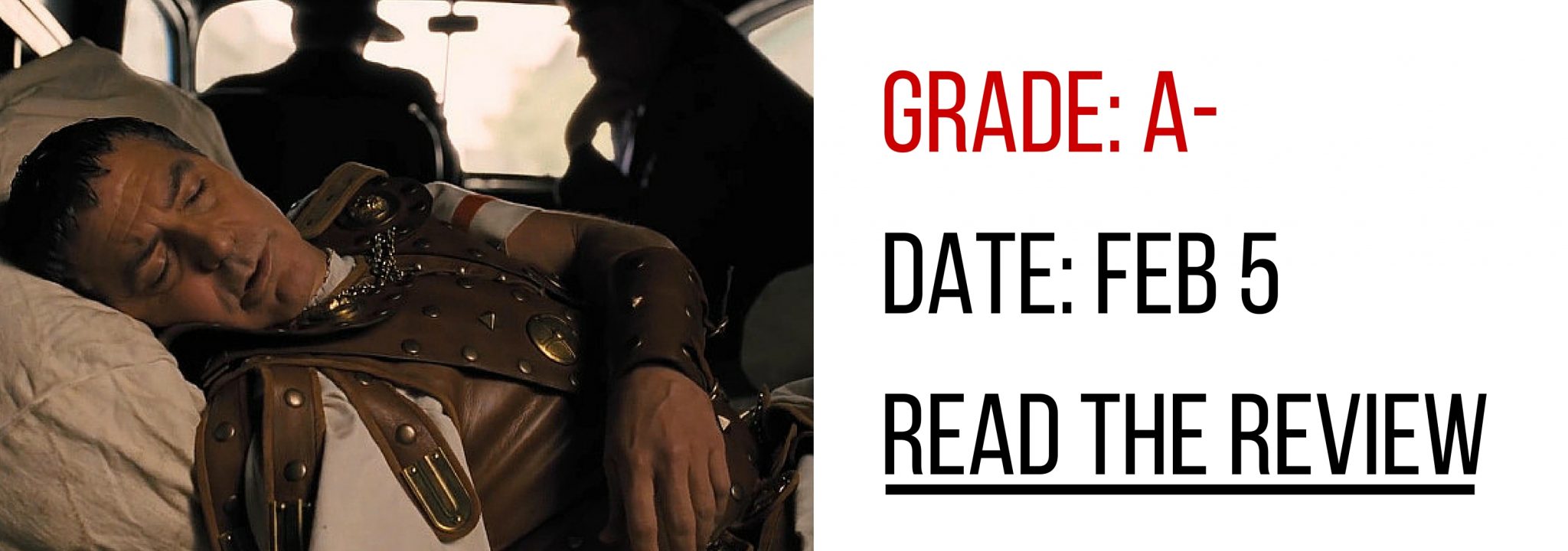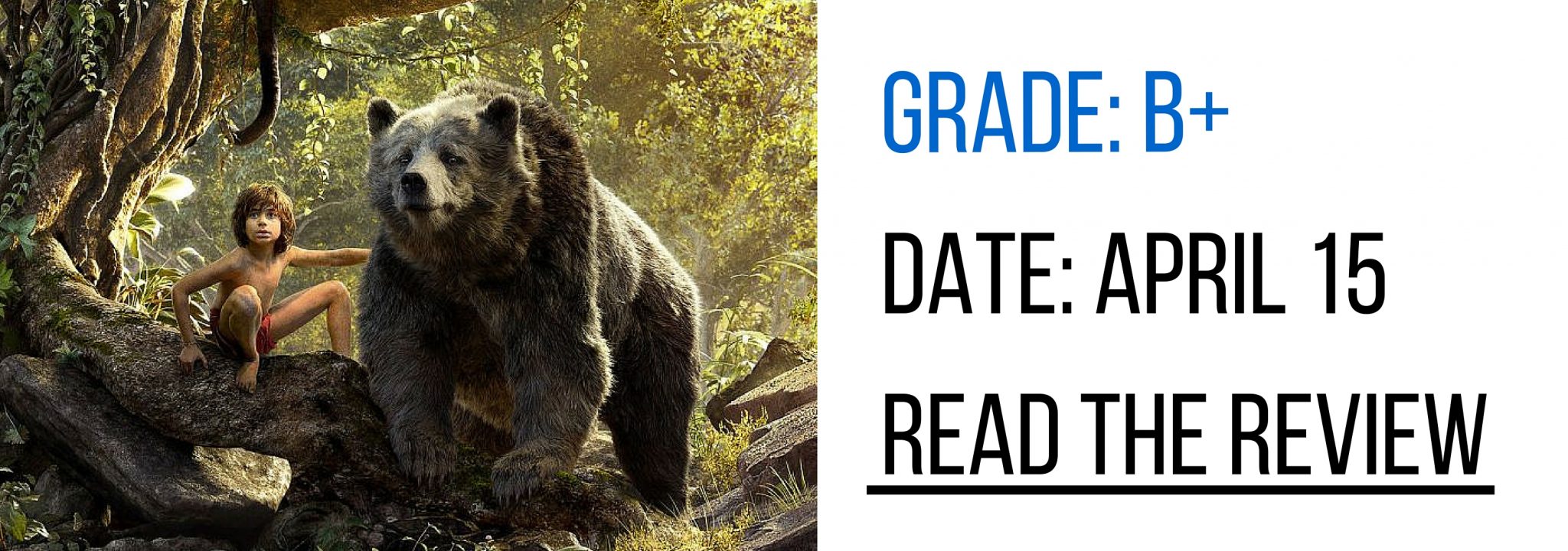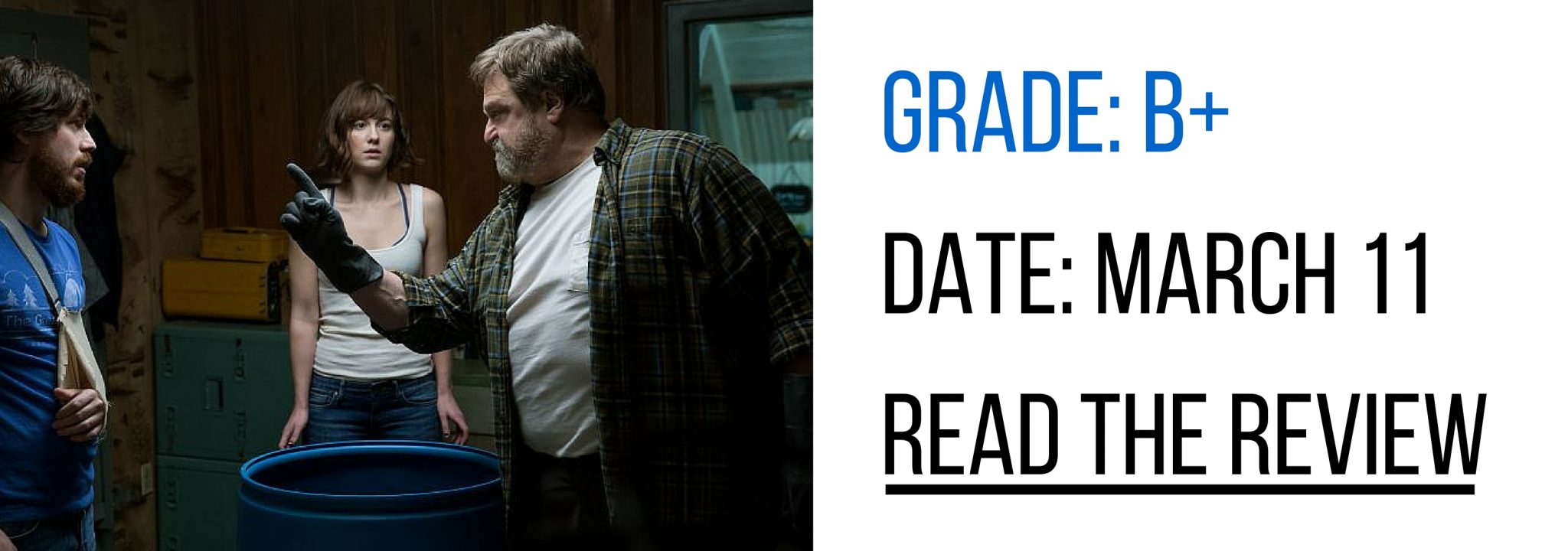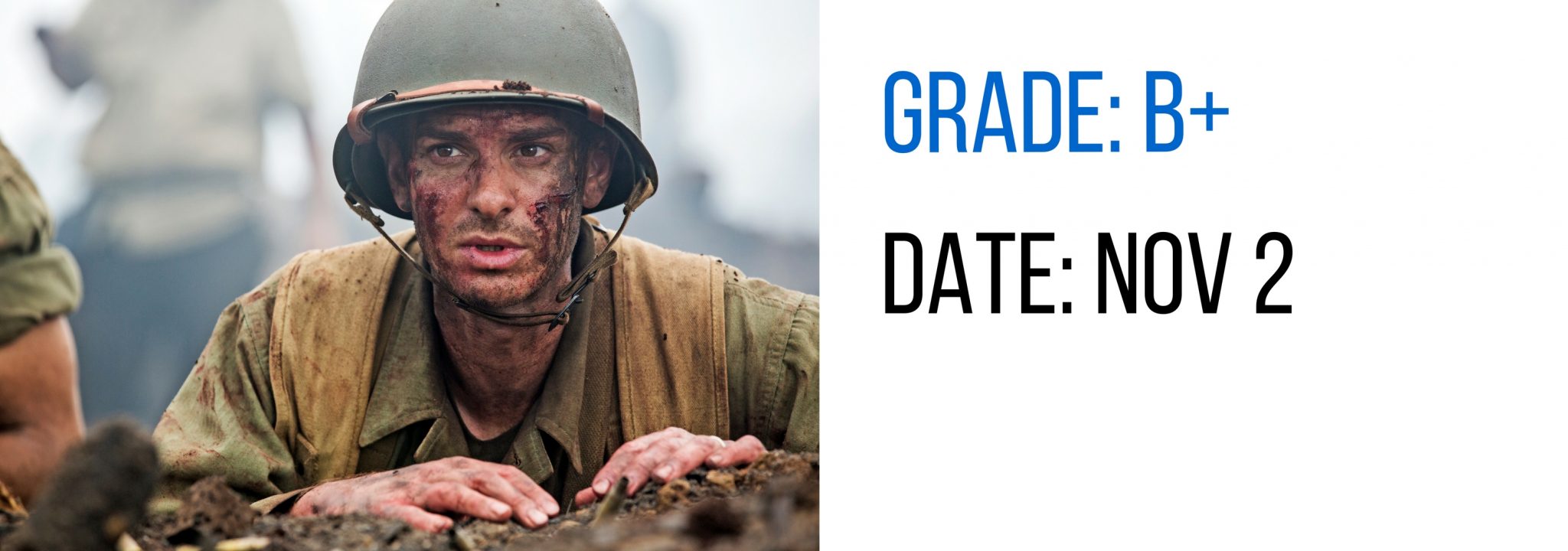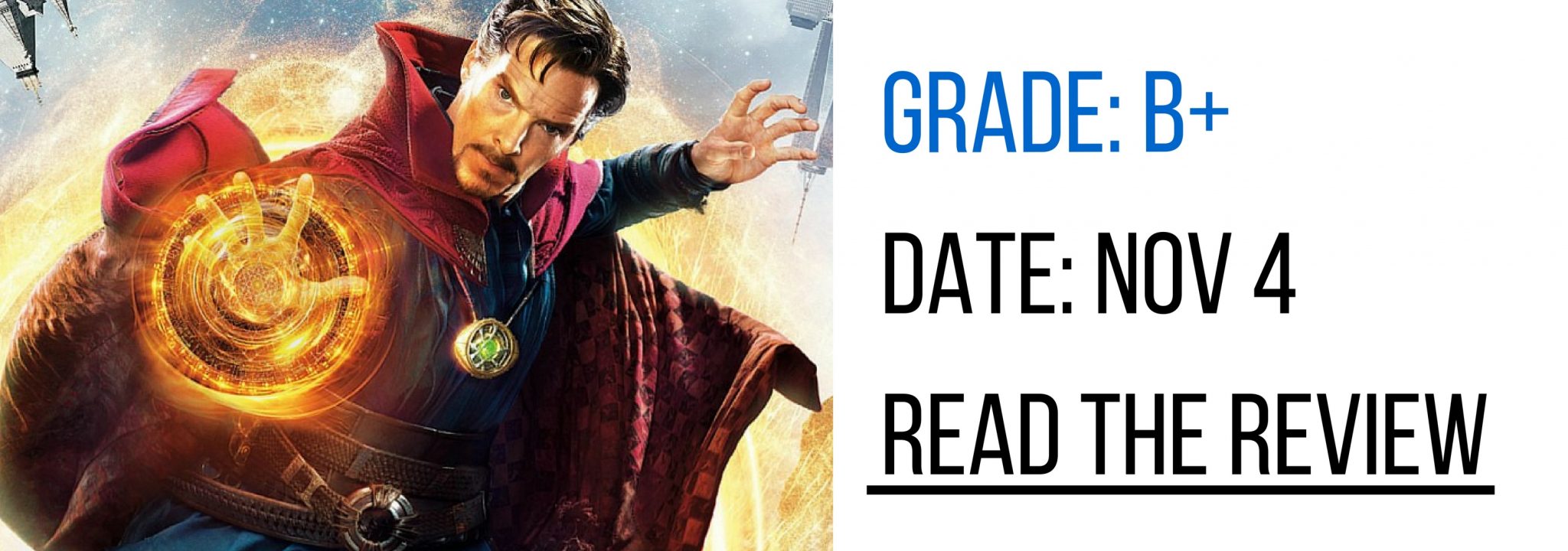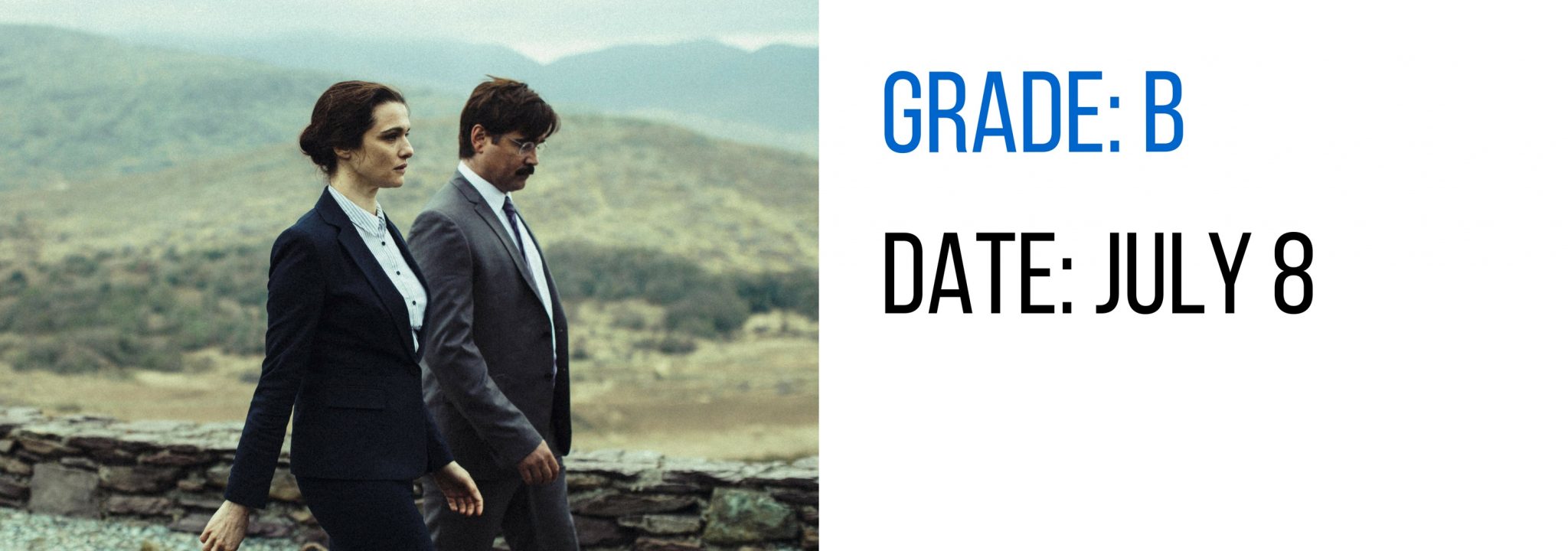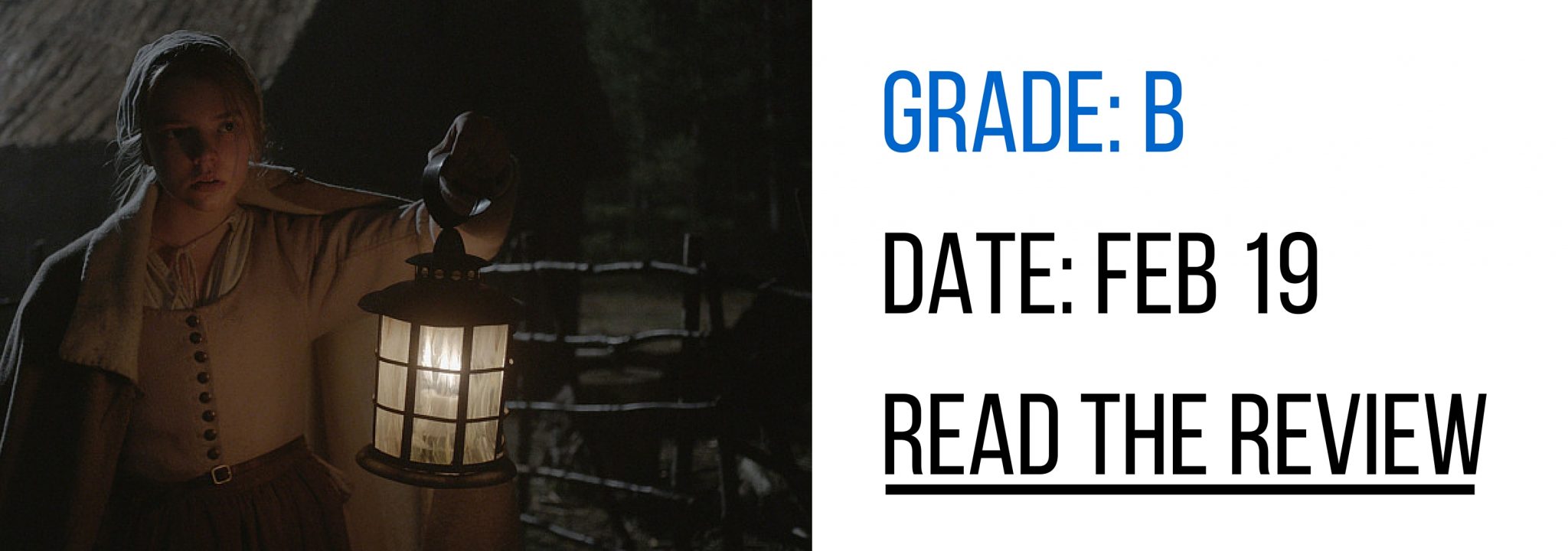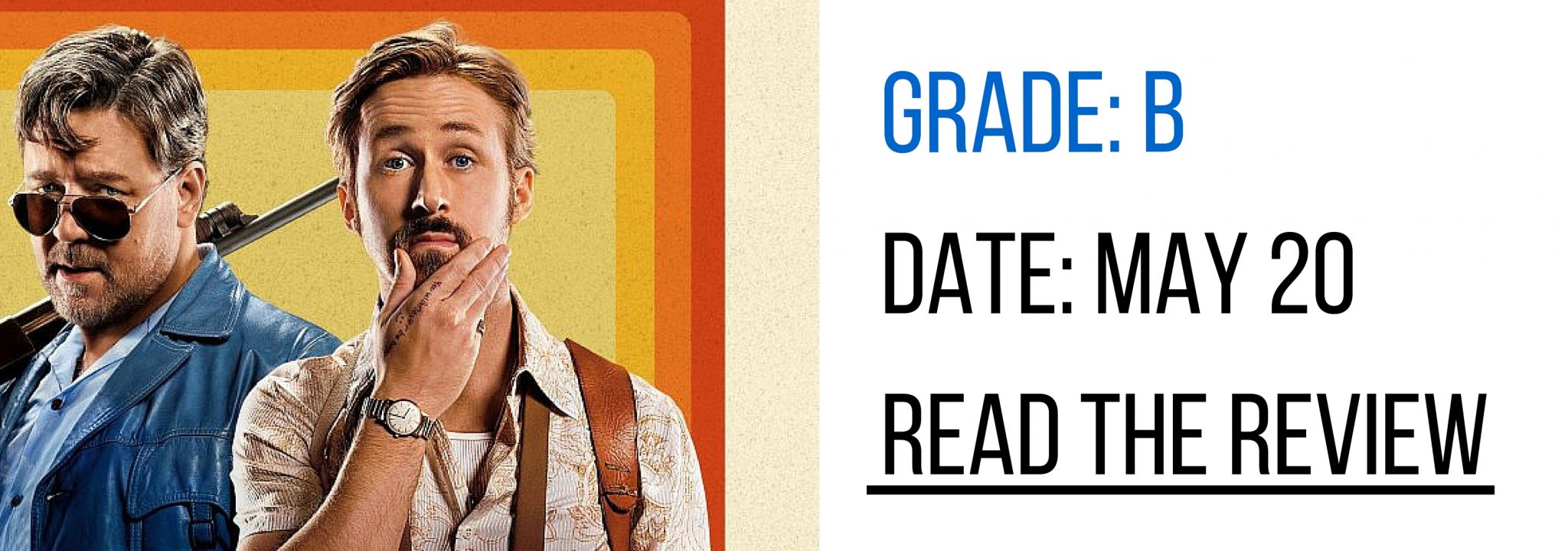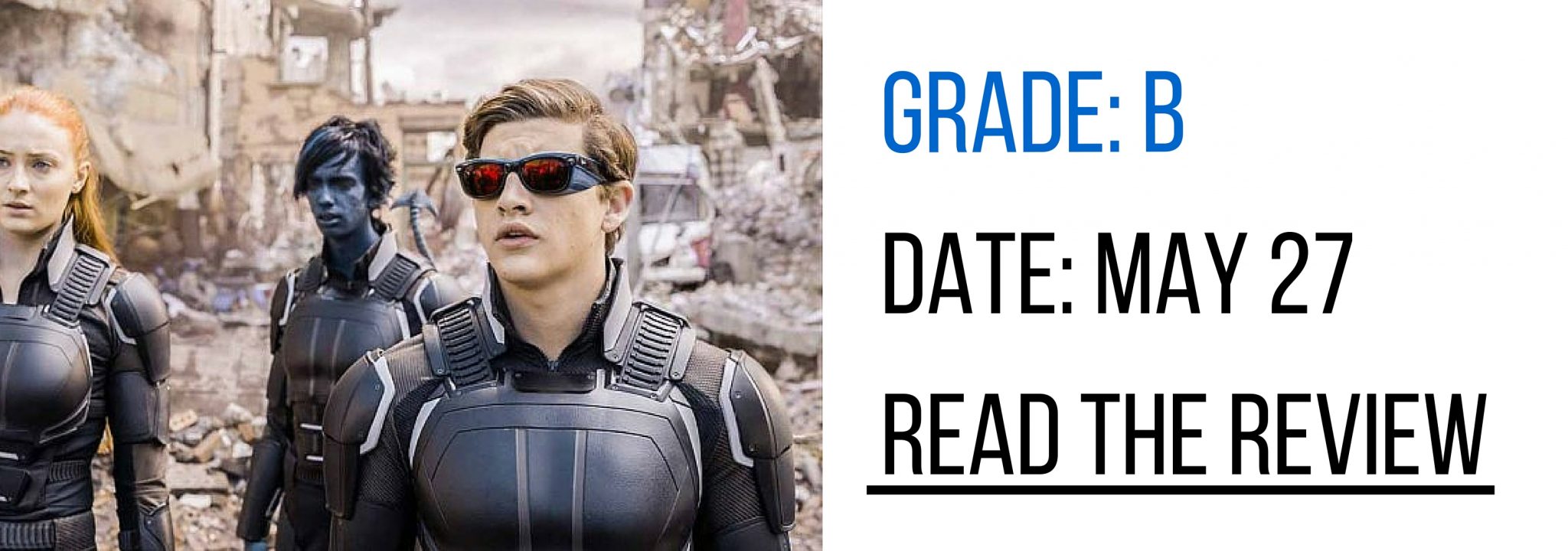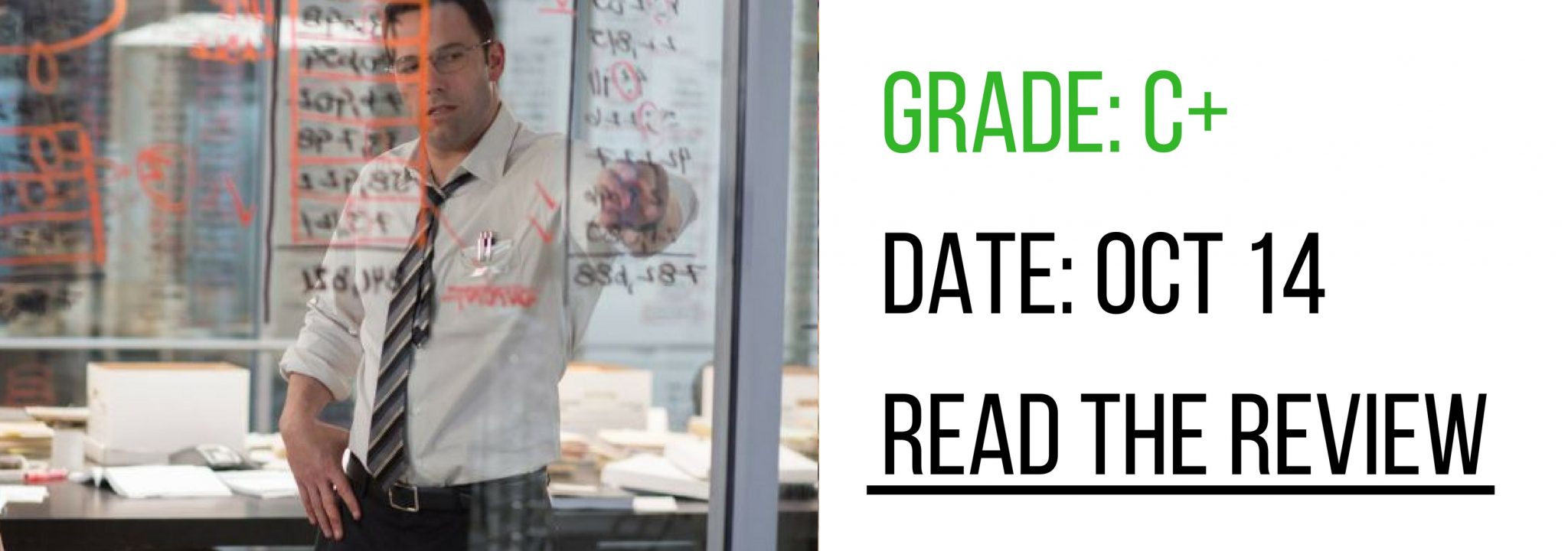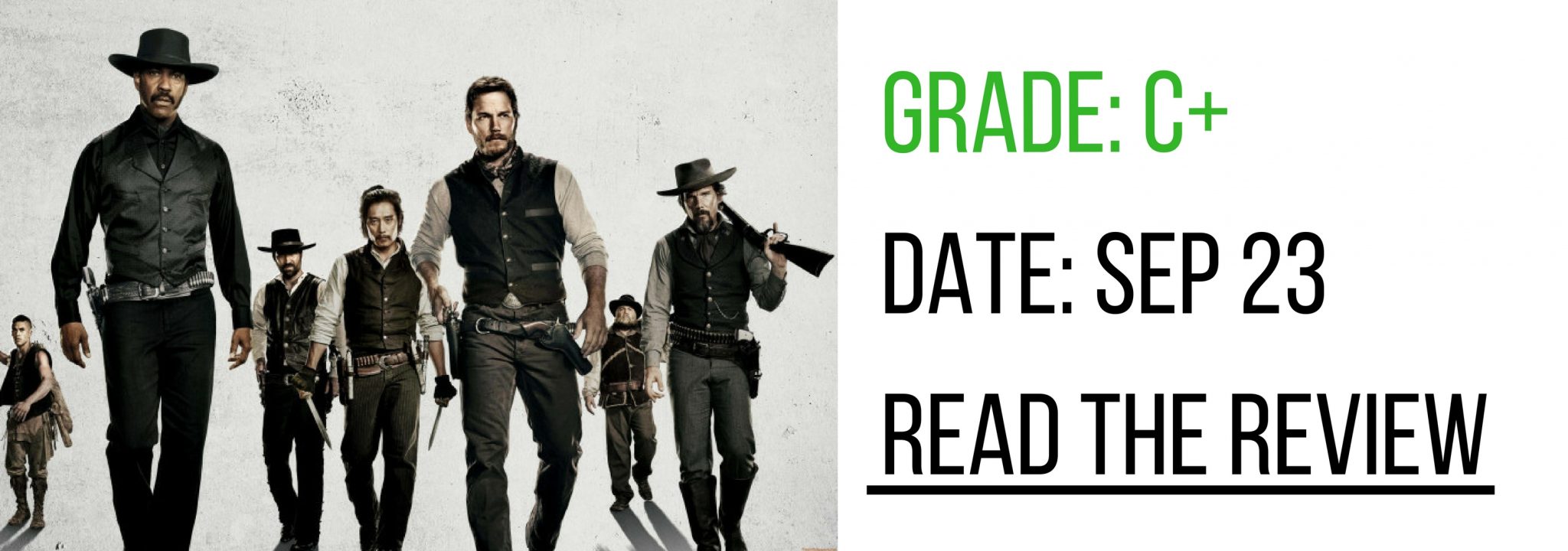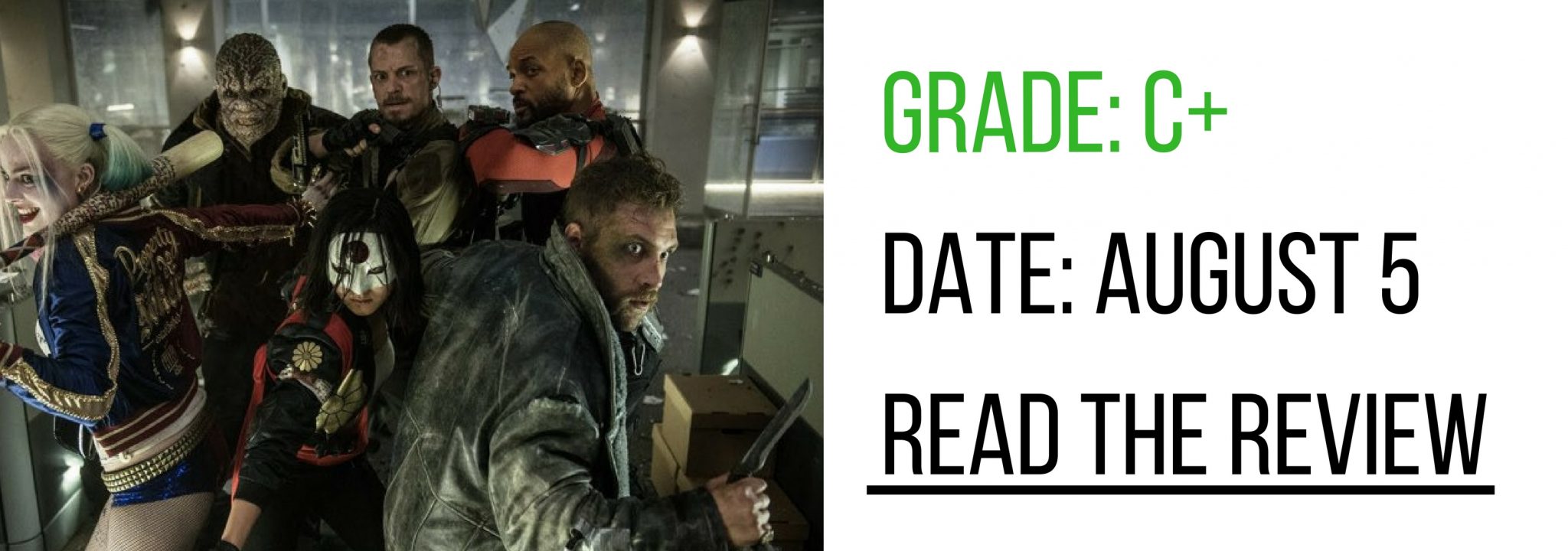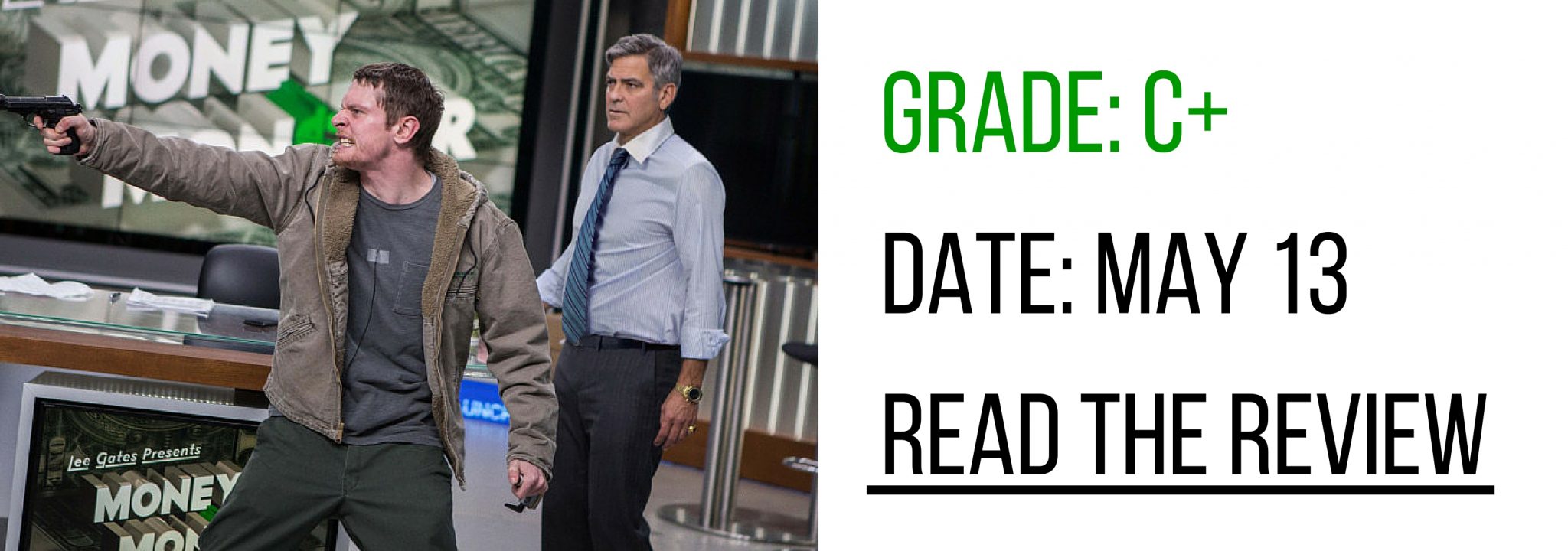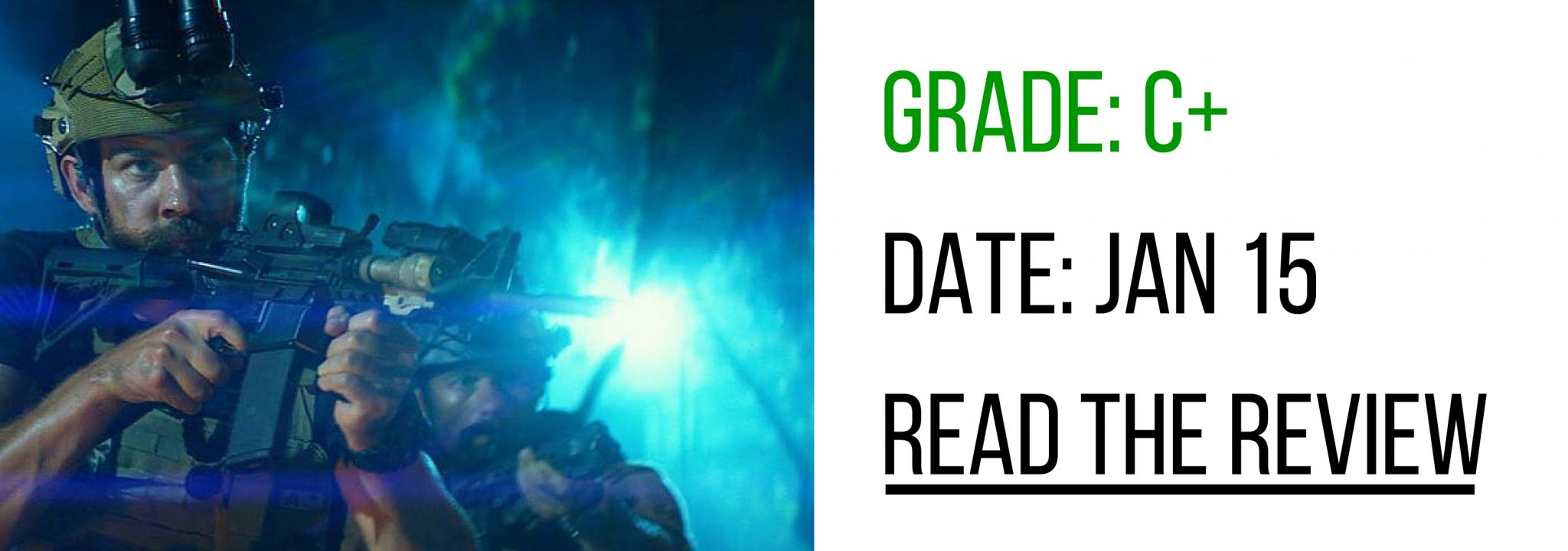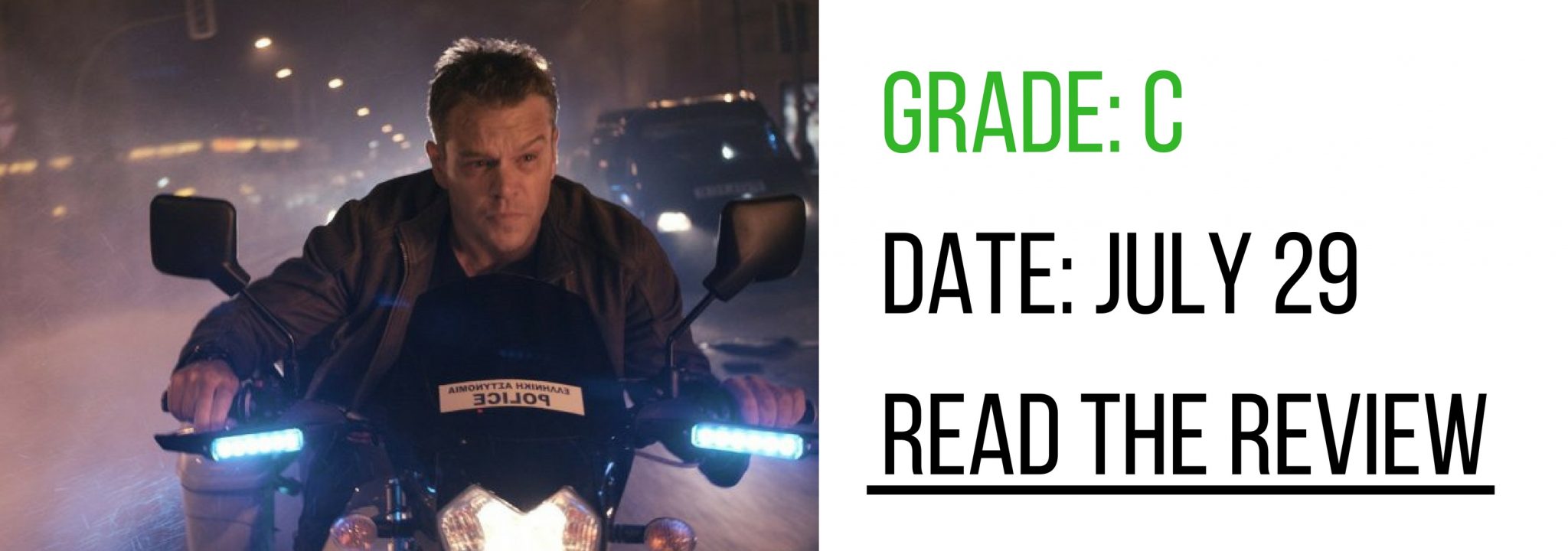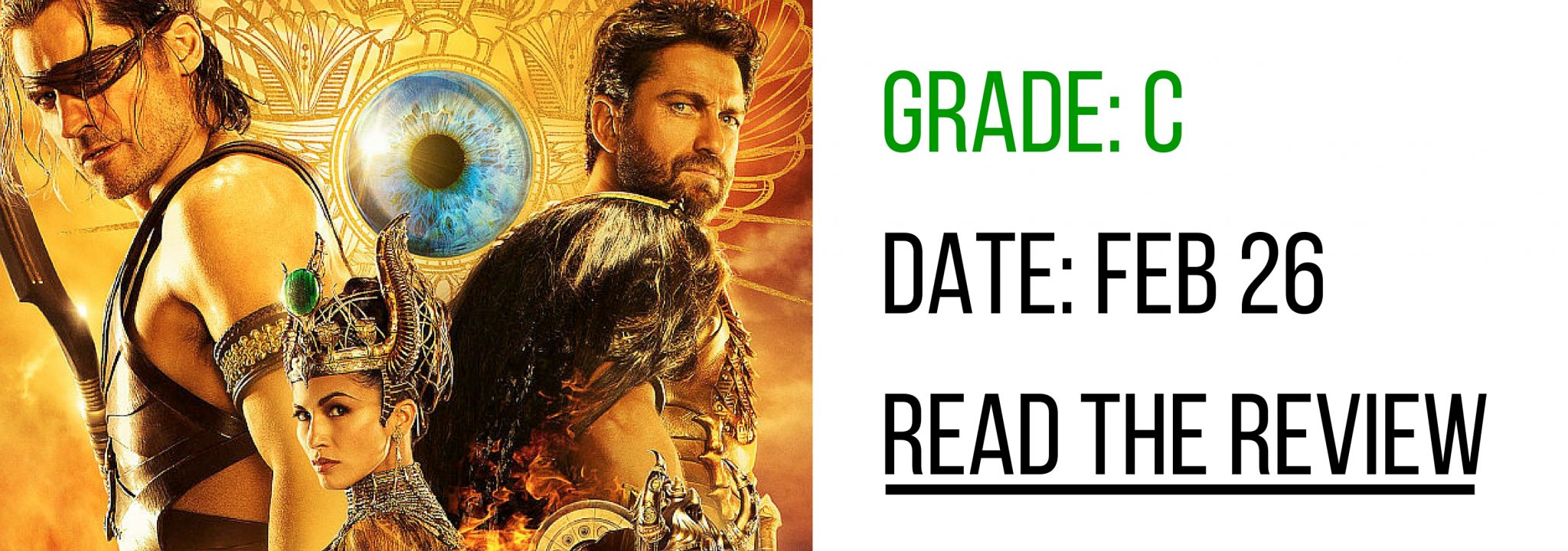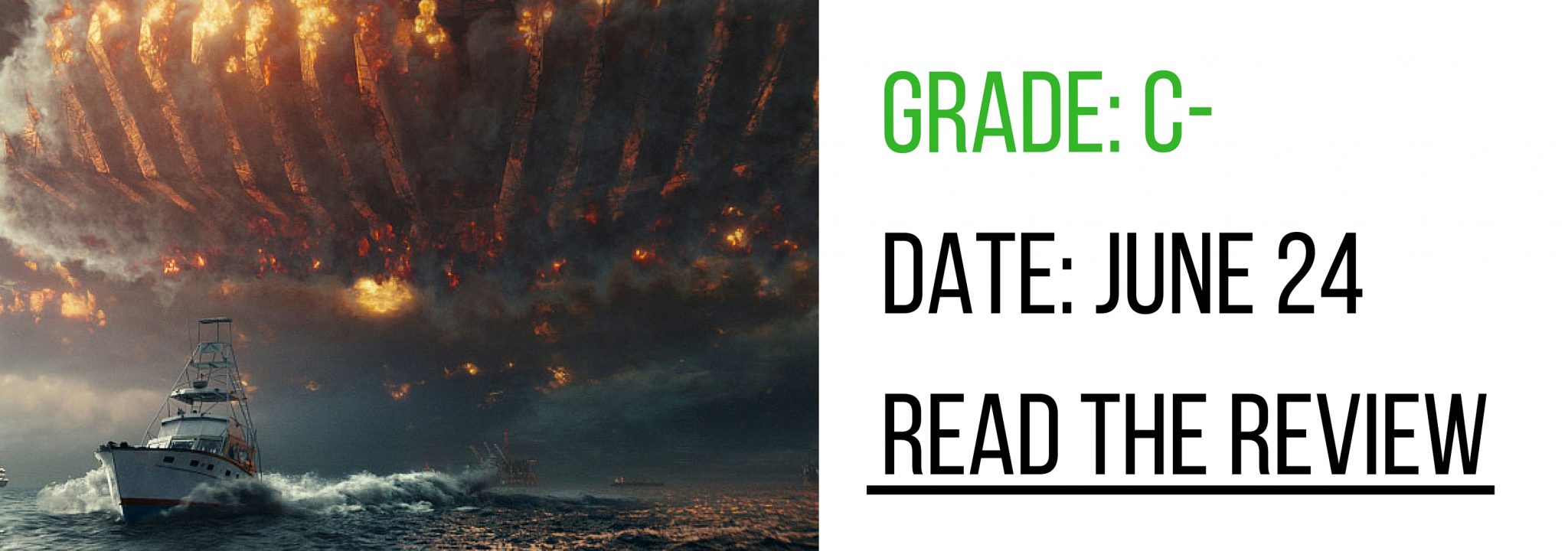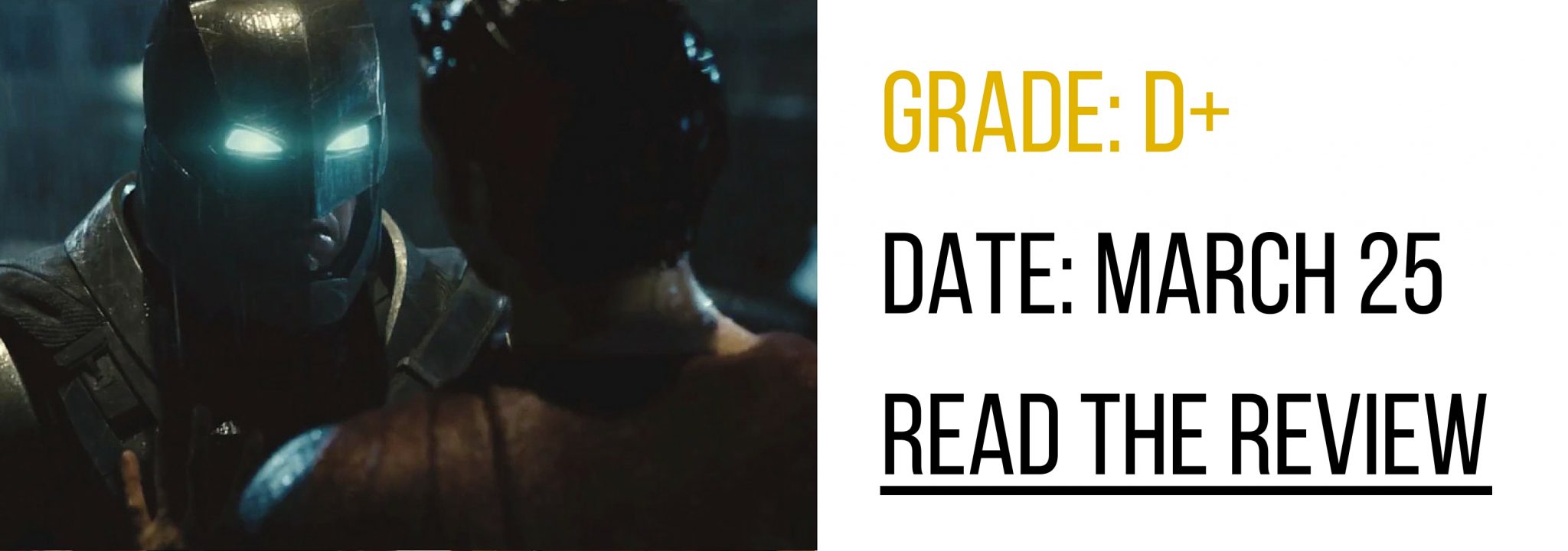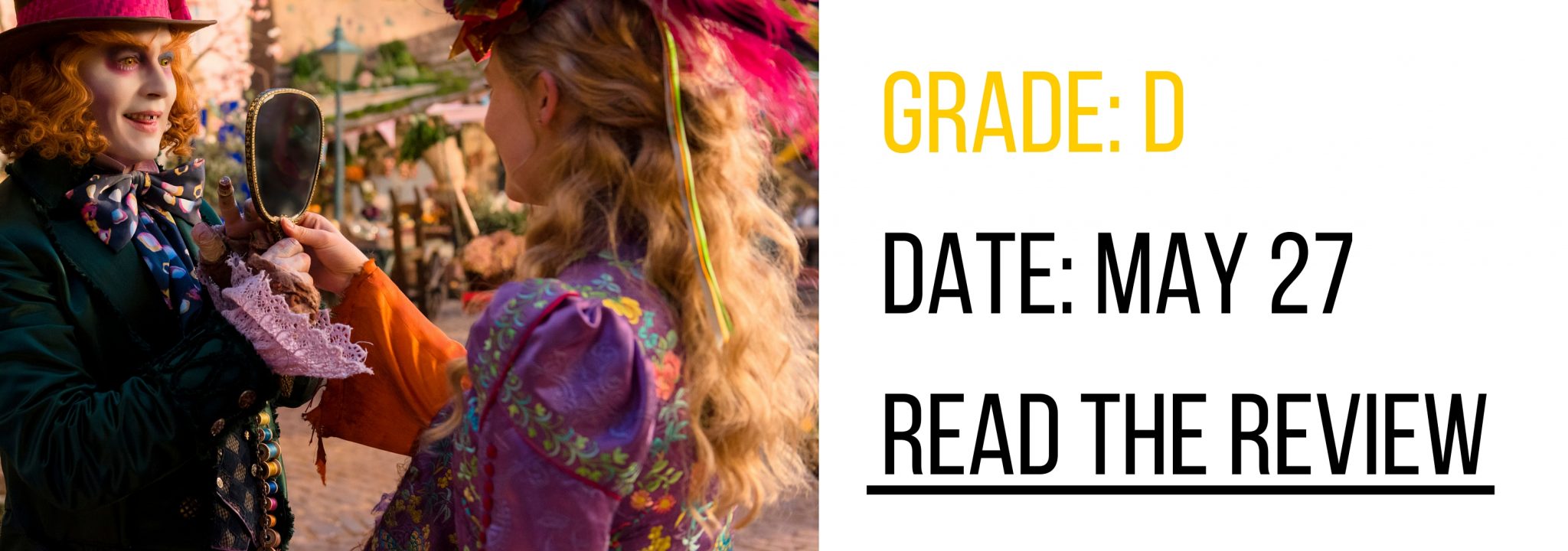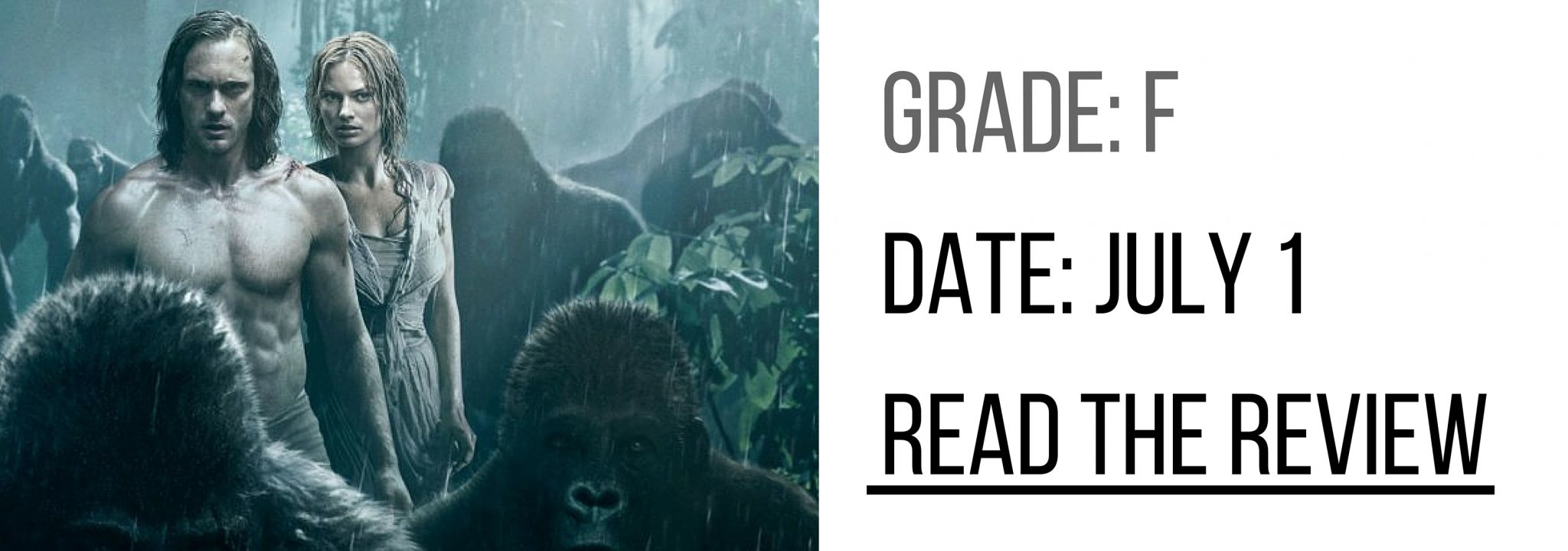
Snark + sarcasm = what you’re about to read
Hey superhero fans and all-time purveyors of basic logic! I’ve got a twister for you. Did you know that with just a few baseless assertions and false equivalency arguments, you can decide for everyone else that a truly terrible movie is better than a pretty good one?
Welcome the internet! And also the inner workings of this summer’s ultimate contrarian, Donnia, who wrote this little number on Fansided:
Batman v Superman Is Actually A Better Movie Than Civil War
You heard it here first. And for good reason.
Now, I’m all for taking a close, critical look at Captain America: Civil War, an entertaining film that doesn’t fully succeed at being anything extraordinary beyond what we’ve already seen of the MCU. It’s pretty good and an easy recommend, but it can be picked apart just as easily as any other Marvel film.
Batman v Superman, on the other hand, is a glorious misfire as one of recent film history’s most obvious examples of style over substance. Still, the movie has its fans who declare it to be an underrated masterpiece, in some part (I suspect) because they’re displacing the earned love they have for DC onto this neat-looking, but thematically hollow, fan film by Zack Snyder. It’s not without its high points (a great Batman aside from sociopathic tendencies and pretty much everything Gal Gadot does aside from opening emails). But to say it’s better than Civil War is a such a non-starter piece of hot-take nonsense, I can’t wait to share it with you.
Despite what many think, Captain America: Civil War really isn’t a good movie,
“Sorry legions of people who have the exact opposite opinion, including film critics, fans, and experts in this industry. I’m smarter than you!”
but Batman v Superman: Dawn of Justice is.
I’ll give Donnia some credit here for at least eliminating the pretense that she considers film analysis subjective.
That’s right, folks: you read the title correctly.
Yup, so sit back and breathe in the “pretty much clickbait.”
If you dare to have this unpopular opinion, you’re sure to be bombarded with reasons as to why Captain America: Civil War is apparently the better film
Right, it’s almost as if people use reasons to articulate their observations. Next you’re going to get mad at them using examples and evidence.
But the truth is that both of these movies hit the same beats to the same effect but for some reason, Civil War is praised for it while Batman v Superman is criticized. And the question is: why?
False premise alert! Donnia is putting opinions into our heads, claiming that the reason people disliked Batman v Superman as a set up, not an execution. Which means if I liked Mission Impossible: Rogue Nation but disliked Spy Kids 3D, then obviously it was because I have a double standard for the genre. Obviously.
I enjoyed Batman v Superman.
You don’t say.
When critics panned the movie for being poorly edited, poorly paced and basically a massive failure of a superhero film, I was discouraged to say the least.
You shouldn’t be, and for one simple reason: Liking a bad movie is fine. People do it all the time. That’s why they’re called guilty pleasures.
I couldn’t put my finger on it, but I knew there was something strange about the film when I first saw it. It wasn’t a bad feeling, but I knew that the film didn’t feel like what a superhero film usually feels like.
Was this before or after Jesse Eisenberg shoved a Jolly Rancher into an old dude’s mouth?
It didn’t look like it either, and that’s when it hit me—Batman v Superman didn’t follow the formulaic superhero narrative that we’re used to seeing.
False premise alert! Donnia is slipping into a quick, no-big-deal conclusion that we’re apparently used to seeing formulaic superhero narratives in our movies. This is important because instead of establishing this as a problem, she jumps ahead to the part where Batman v Superman solves it. Tell us more!
we all know that the MCU has and will continue to release a million movies and we flock to see all of them.
Everyone is terrible, yeah.
The MCU follows a very specific blueprint, as if it’s not obvious by this point.
“So obvious, I don’t need to spell it out. I’m just right.”
Yeah, so, all movies follow blueprints, especially franchises. If you’re criticizing Marvel movies for having some common ambiguous…thing…then you have to say the same for Star Wars always involving Skywalkers or Indiana Jones always being about historical adventures (yawn!)
the problem occurs when a movie like Batman v Superman comes along and is very different than what we’re used to seeing.
Being different isn’t always better, and Civil War is actually a great example of that. Despite what you may think, Donnia, that movie isn’t a lot like any of the other Marvel movies. In fact, plenty of Marvel movies have been completely different from each other. Iron Man was an action comedy, Thor was a fantasy adventure, Captain America was a pulpy period action piece followed by a 70s-esque spy thriller in its sequel, Guardians of the Galaxy was a space opera comedy, and Ant-Man was a superhero heist movie.
And then there’s Civil War, which was a superhero teamup fight movie where the bad guy (spoiler alert) actually wins in the end. So how is Civil War formulaic again?
We’ve unknowingly set expectations for what we think a superhero movie should be that we reject when one tries to be different.
Nope. We just reject bad movies. Simply being different isn’t enough merit to warrant getting a pass, for the same reason a lot of people wanted to write off Ant-Man long before it was released because it was being heralded as something different.
And how exactly is Batman v Superman all that different from typical superhero movies, aside from having Snyder’s particular visual flair we’ve seen many times since 300?
Batman v Superman isn’t poorly edited or paced, it intentionally edited to be like a comic book.
Pack it up, everyone, the medium has officially stopped being the message.
Look, there’s nothing wrong with trying to make a movie match the experience of a comic book story. It’s been done successfully in the past with movies like Scott Pilgrim vs. The World, and done quite poorly with movies like Batman and Robin.
Pointing out that what they were going for was interesting in and of itself doesn’t negate the problem, which is that editing a movie too much like a scatterbrained paperback is a bad idea, mostly because comics usually have built in context continuity and are able to be digested in short bursts that rely on dramatized set pieces.
Movies are different, especially if they’re aiming to be over 3 hours long. They require cohesive visual editing that allow viewers to soak in the narrative and appreciate the characters, because unlike a comic, everything moves. And there’s sound. When you remove that cohesive visual editing, the “spectacles” onscreen that would look great on a comic ring hollow on the big screen.
It was a radically experimental decision, and it did feel strange at first but once I realized what the film was doing, I loved it. How can I put a movie down for trying something different in an industry that always does the same thing?
Easily! For doing it poorly. Remember when I said style over substance? Yeah, I wasn’t just throwing around a cliche aimlessly for once. That directly applies here.
A common complaint about Batman v Superman is the “Martha” scene. That scene is just so horrible and laughable to many people and I don’t understand how they can mock that scene when the exact same thing happens ten minutes into Civil War.
False…everything alert!
Bruce loses focus because Clark says his mother’s name and Steve loses focus because Crossbones says Bucky’s name.
And then Steve and Crossbones become best friends for life! Right?
Obviously the context of their names being said are different—
“But that huge difference in the scenes is not important or anything unless it makes my point stronger. Obviously.”
Look, the whole “Martha” thing has been talked to death in length elsewhere and on this very site, and honestly, I’m quite done with it. The main issue at this point is that this scene is so badly executed, everyone mocks it and willingly ignores the author’s intent. That’s a sign something went wrong here.
Another complaint towards Batman v Superman is the Doomsday fight…By taking the fight to an uninhabited island they’re preventing mass death.
That’s not the complaint at all. The complaint is more an aside (and not even one of the movie’s most annoying flaws) regarding how ham-fisted the line is when they say, “Oh, and that island is inhabited! WINK WINK.” We point it out because it’s moments like these that take the viewer out of the movie, because you consistently have to be told by the filmmakers that this isn’t Man of Steel. Oh, how I wish this movie had been Man of Steel.
Civil War does the same thing when Cap’s team and Iron Man’s team fight in an empty airport and destroy it in the process. So why does Batman v Superman get criticized for the line that a government official makes when he says that he island is uninhabited but no one says a word when it’s stated that Tony evacuated the airport so that they could have their showdown?
Is this a real question? Because they evacuated the airport. It was a decision that made sense because they don’t want people to get hurt. With Doomsday, they practically flashed this on the screen as, “Oh, what a coincidence that Doomsday wants to duke it out on an abandoned island that’s abandoned because whatever. Now you can’t complain! Wait, I’m not supposed to say that part of the line that’s scribbled on the script in red ink?”
I don’t have a problem with how either movie handled these scenes but I can’t help but to feel some animosity towards Civil War because audiences and critics are so willing to give the film a pass for doing same thing that they criticized Batman v Superman for.


